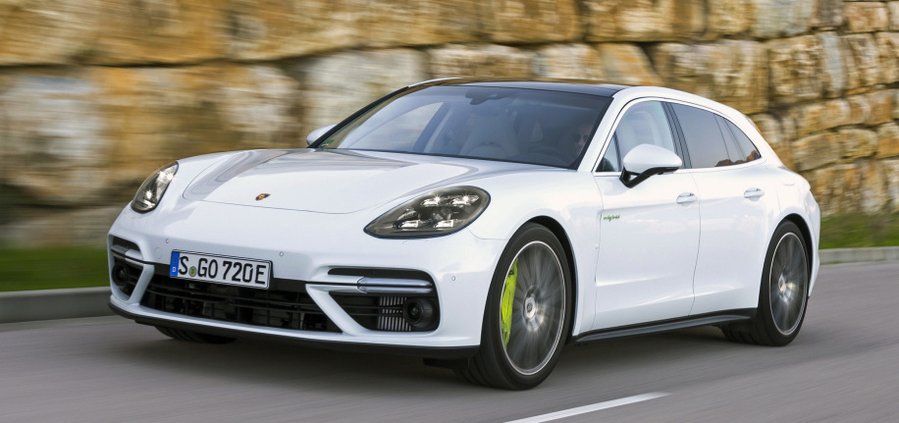Porsche Panamera hybrids are so popular, battery makers struggling to keep up

The share of Panamera hybrids, which combine a conventional combustion engine with electric propulsion, of the model's total output has doubled in the past 12 months, said Gerd Rupp, head of Porsche's Leipzig plant where the four-door car is assembled.
"At present we are able to meet customer demand well," he said in an interview, adding about 8,000 Panamera hybrids would be built this year. "But there are limits because we are dependent on the capacities of battery suppliers."
"As a buyer we had originally projected different volumes (of battery systems needed)," Rupp said. "The effects can be seen in longer delivery times of currently 3-4 months for Panamera hybrid models."
Following its diesel emissions scandal in 2015, Volkswagen <VOWG_p.DE> announced a huge investment in electric and self-driving vehicles, gambling that demand was finally about to take off.
The success of the strategy has become all the more important, with new European regulations set to penalize carmakers that do not curb their CO2 emissions. Porsche's stablemate Audi said this week it could face 1 billion euros ($1.2 billion) of fines if its average fleet emissions exceeded EU limits by eleven grammes per kilometer.
Porsche, a key contributor to Volkswagen's profit, is spending about 1 billion euros on its first battery-only model called "Mission E" and is considering a purely electric version of its top-selling Macan SUV to help lower CO2 emissions across its fleet, which includes big emitters such as the Cayenne and 911 Turbo versions.
Production of an all-electric vehicle at Leipzig, where over 4,000 staff make the Panamera and Macan models as well as body shells for VW's ultra-luxury Bentley brand, would require "a larger three-digit million-euro" investment in an all-new body shop, Rupp said.
"The chances for producing a fully-electric Porsche in Leipzig are good," he said, predicting a decision in the first half of 2018.
But Porsche is struggling to recruit the mechatronic engineers, software experts and tool mechanics it needs, he added.
With carmakers racing to offer hi-tech and automated driving systems, there is huge demand across the industry for such specialists.
"It's becoming increasingly more difficult to find the right experts" for Leipzig with adjacent suppliers and a BMW plant competing for hirings. As a result, Porsche is working to improve the skills of its existing staff at a new training center at Leipzig, Rupp said.
"We cannot completely rely on the open job market," he said.
Related News
